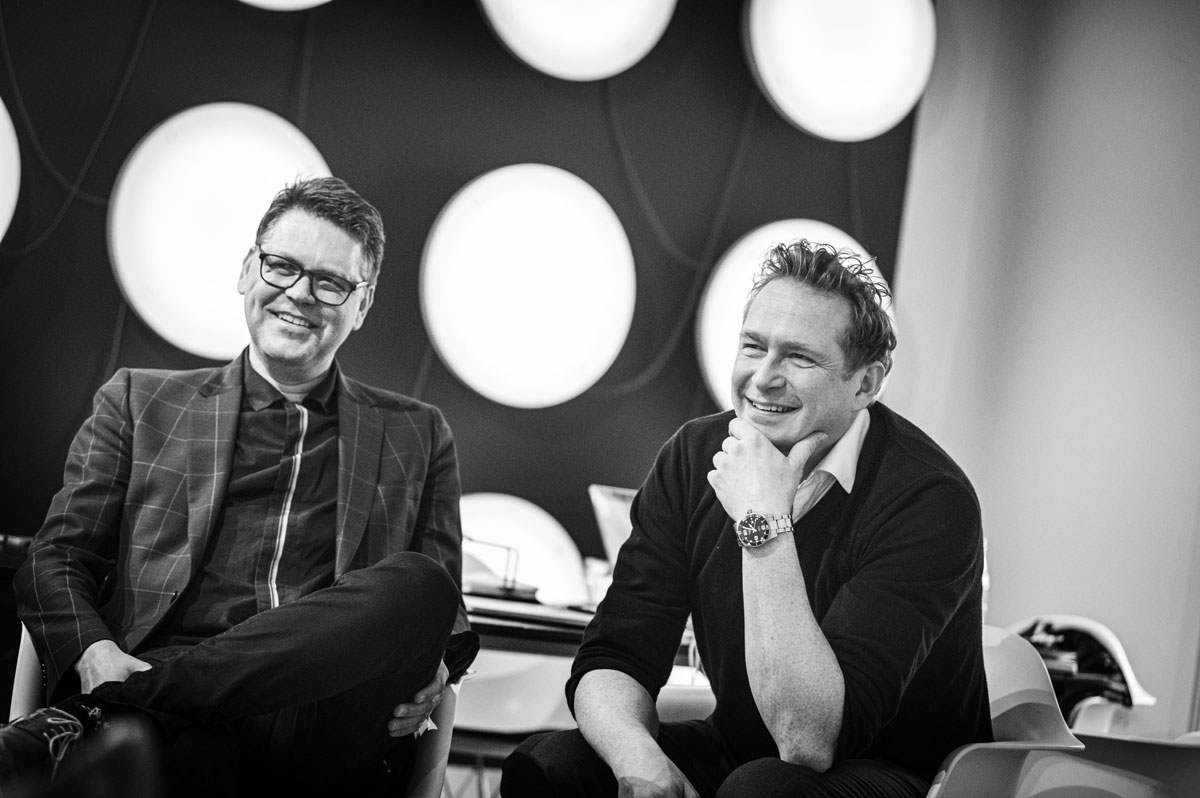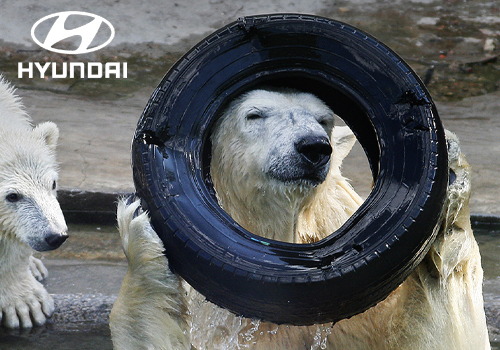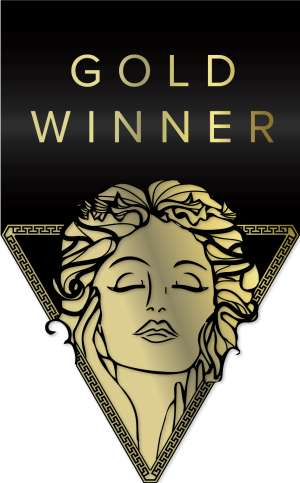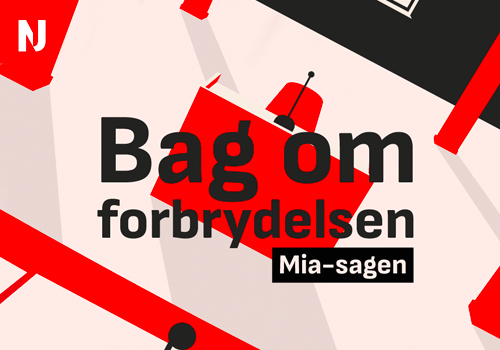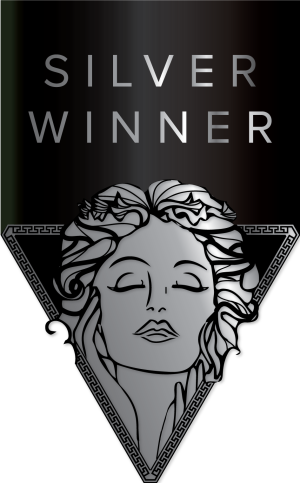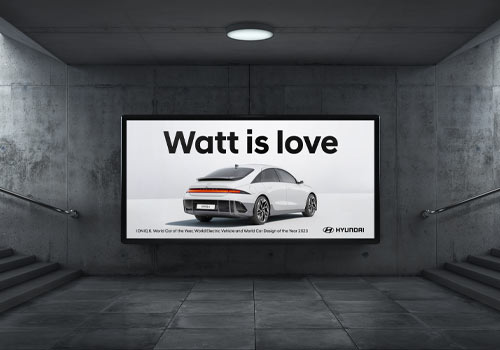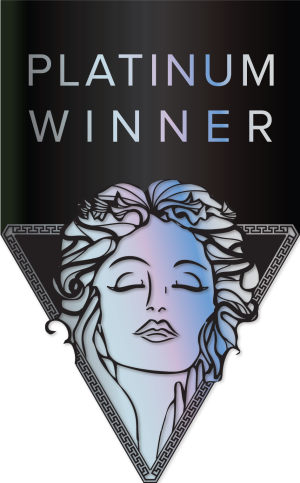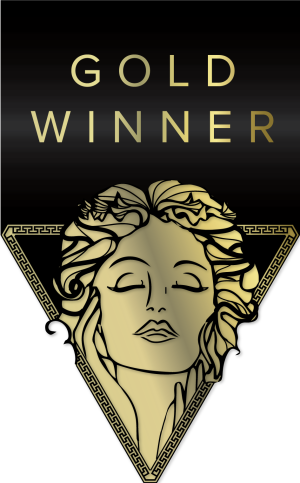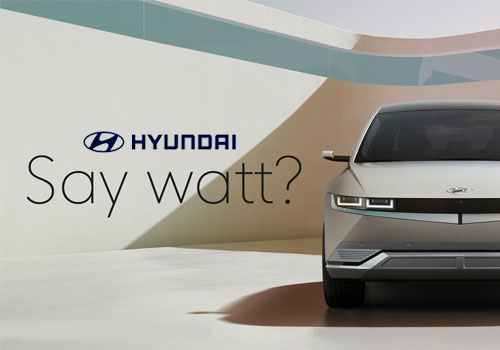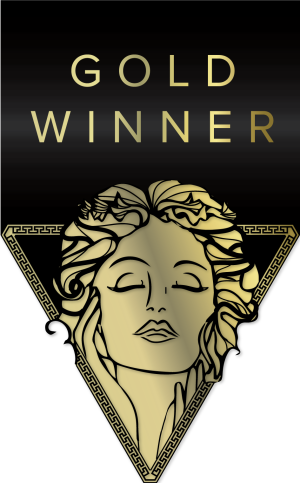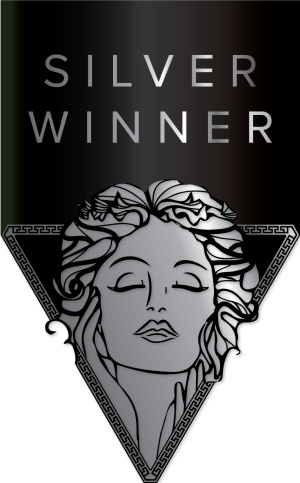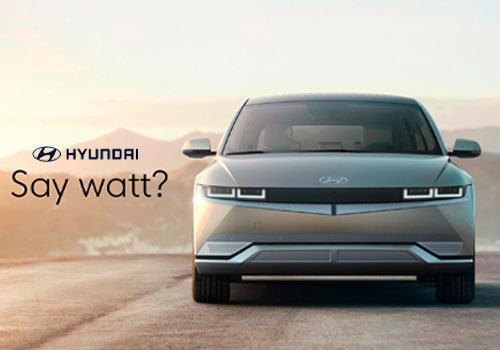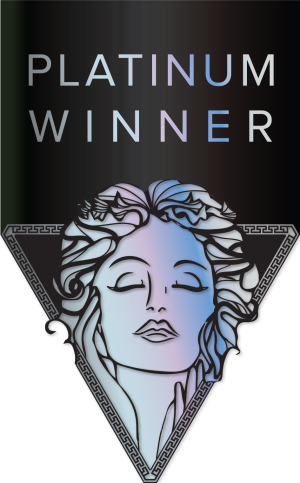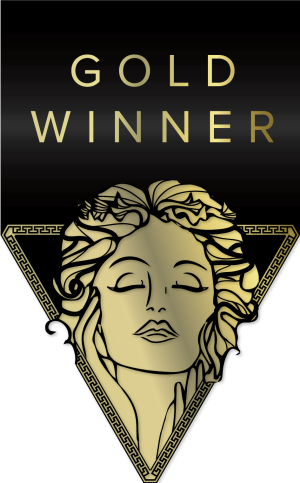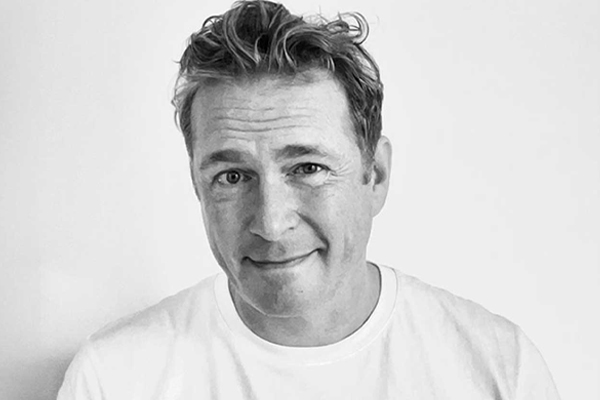
Interview
Kasper Sierslev
ZITE, Denmark
Kasper Sierslev, the Chief Commercial and Creative Officer at ZITE, specializes in building and managing in-house agencies. With a career spanning over 20 years in advertising, he has collaborated with major global brands like Apple, Lego, and Mars. Kasper is also the successful author of two books on this subject.
1 Please give us a brief bio of yourself and your creative background.
My name is Kasper Sierslev, and I'm the CCO at ZITE. This is a diverse title here as it represents both Chief Commercial Officer and Chief Creative Officer roles. ZITE is a company specialising in building and managing in-house agencies. I have been in the advertising industry for over 20 years, working with major international brands such as Apple, Lego, and Mars. Before joining Maersk in 2014, I served as a creative director at various agencies, which is where I began my in-house journey. Since then, I have built and managed the in-house creative departments at Georg Jensen and Saxo Bank, among others. I also have experience in assisting other organisations and brands in establishing their teams. Furthermore, I have authored two best-selling books on this subject.
2 What made you become/why did you choose to become a creative?
I've always been passionate about storytelling and creative thinking, fueled by my curiosity about why we behave the way we do and whether there might be more innovative approaches to our actions. My understanding of consumer behavior was a particular interest of mine, which initially led me to a position at Millward Brown many years ago conducting interviews and researching why people preferred certain commercials or aspects of them. This experience paved the way to nearly a decade in the advertising industry. However, I found the industry to be too transient for my liking, with a constant cycle of pitches and then moving on to the next client. I yearned for more long-term strategies, delving deeper into the customer journey and working across all touchpoints. I also wanted to work more closely with clients to generate ideas, which led me to in-house work. Being in the loop and gaining such an in-depth understanding of a client's products and brand that I could almost know them better than they do themselves was an incredible experience. However, I also realized that not everything can be done in-house. There are times when an outside perspective is necessary, along with someone to challenge your ideas. This realization was the genesis of our current approach: an external in-house model, if you will. We strive to combine the best of both worlds, with embedded teams working closely with the client's own marketing team while also being able to bring in specialists when that extra 'wow' factor is needed.
3 Tell us more about your business/company, job profile, and what you do.
We specialize in analyzing, designing, implementing, and managing efficient and creative in-house agencies. By integrating creativity, talent, and top-tier technology into the heart of our clients' marketing operations, we provide them with agility, creativity, and full day-to-day control of their marketing activities at fixed costs. I confess, I'm a bit of a nerd when it comes to processes and workflows. Essentially, that's what we do - we optimize the ways of working within in-house setups. While it might sound mundane, it's actually quite fascinating. Not necessarily the process itself, but the results it yields. Because by streamlining the processes and delineating roles and responsibilities, we free up substantial time and enhance efficiency. This extra time and energy can then be channelled into creating better creative solutions. We've seen this outcome time and again when we establish a new in-house agency. It's incredibly satisfying.
4 What does “creativity” mean to you?
That is an interesting question: I believe that creativity can solve any problem. But for me, it
5 To you, what makes a “creative” idea and/or design?
To me, a 'creative' idea or design is one that not only catches the eye or ear but also engages the mind and heart. It's something that stands out from the crowd, not just for being different, but for being thought-provoking and meaningful. A creative idea is one that sparks something in people, that makes them think or feel something new, or see something familiar in a new light. It's an idea that's simple yet powerful, one that speaks a universal language while respecting local nuances. It's an idea that's born out of curiosity and an openness to new experiences, a willingness to take risks and push boundaries.
6 Tell us about your creative and/or design process.
Alongside my primary work, I run a small school called
7 What's your favorite part of the creative process and why?
There are actually two parts of the creative process that I thoroughly enjoy. The first one occurs when you sense in your gut that you're onto something. It's a bit hard to explain, but it's when someone in the room articulates something that just feels right. It might not be much, and it may not even be a concrete idea yet, but it sparks something. Then you build on it, others get inspired by it, and suddenly, you're creating something out of nothing. That feeling is truly amazing. However, I must admit that I used to have a love-hate relationship with the idea generation phase. I often battled imposter syndrome and feared that I wouldn't be able to come up with anything worthwhile, and that everyone would see right through me. Now, I understand that almost all creative people grapple with these feelings. Fortunately, there are techniques and methods to kick-start the ideation process, which almost always yield some ideas. The key is to keep going, and eventually, you'll land on a good idea. I always tell my students that it's highly unlikely to come up with 100 bad ideas in a row. So, the advice is to just keep working. The other part of the process I love is the nitty-gritty part in the 'editing room'. The stage when you're adjusting the headline by a mere 2 pixels to the right or debating whether to use a period or a question mark. Or when you're working on a film and you're moving clips around, removing a second here or there to get the tempo just right. I find immense satisfaction in that. I don't often get the time for this these days, but when I'm involved in a project where I have the opportunity to be part of this stage, I absolutely love it.
8 Describe your creative style and its main characteristics.
Curiosity is truly what fuels me - the thought that perhaps we could approach something in a different way. I strive to lead by example and by enthusiasm. While my role isn't to do the creative work, often our creative team needs a starting point or someone to bounce ideas off, and that's where I come in. I absolutely love to help. There's nothing more satisfying for me than seeing one of my team members present a truly innovative and creative idea.
9 Do you think your country and its cultural heritage has an impact on your creativity process?
Interesting question. I wouldn't say that my country and its cultural heritage have a direct impact on my creative process. However, I was creatively nurtured in a Northern/British or Bill Bernbach-esque approach to advertising. Given that Scandinavia, and Denmark in particular, is a relatively small region, we've always had to look beyond our borders for inspiration. Typically, our eyes turn to the UK and the US. I recall a time when I was hired to work on a campaign for a French car brand, which proved to be quite a challenge. Their approach to creativity was more artsy than what I was accustomed to. I usually work with subtle nuances or wordplays, but this project called for something more grand and unusual, albeit very beautiful. So, while I wouldn't say my creativity is heavily influenced by my country's cultural heritage, my exposure to different styles and approaches from around the world has definitely broadened my creative horizon and enriched my work.
10 Congratulations! As the winner of the 2023 MUSE Creative Awards, what does it mean to you and your company and team to receive this award distinction?
Winning awards, like the MUSE Creative Awards, it's big for us. Great for team spirit and engagement in our agencies. But what's almost as important, it opens doors for us. Gives us the chance to do more creative work. When we win awards, we can see a direct link - more invites to pitches, more asks to work on the big projects.
11 Can you explain a bit about the winning work you entered into the 2023 MUSE Creative Awards, and why you chose to enter this project?
The entry we submitted for the 2023 MUSE Creative Awards is actually a sequel to the campaign we did for the Hyundai Ionic 5, which also won a MUSE Creative Award. We aimed to maintain the same style and tone of voice in this follow-up campaign. Since we knew that the campaign would primarily, if not exclusively, appear as outdoor advertising on billboards and posters, it was crucial that the message was simple and easily understood by passersby (and yes, this being Denmark, we mean cyclists). At the same time, we wanted to bring something different to the table. Most of the competitors were employing rather dull strategies, like merely stating "100% electric". We wanted to convey that it's time to end the debate about whether or not electric cars are a sensible choice. We aimed to position them as the vehicles of the future, fully equipped with the power and range to compete with traditional cars. We also wanted to craft a clever message that exuded self-confidence, showcasing that Hyundai has evolved. It's not the same 'cheap Korean plastic car' anymore, as it was characterized in a comprehensive brand study we received for the brief. Indeed, these were lofty expectations for an ad restricted to a maximum of three words. But I genuinely believe we not only met these expectations but exceeded them. Work of this caliber deserves recognition and celebration, which is why we chose to submit it for the 2023 MUSE Creative Awards.
12 What was the biggest challenge with this project?
Time. It takes a lot of time to gather the assets you will need, write a good submission, and, in general, keep up with deadlines and categories. Normally I would probably also point out selling in the idea to the customer. But I erase ourselves very lucky for the customers we
13 How has winning an Award developed your practice/career?
I remember a boss I had once, he put it really well. He said that folks around here, they don
14 What are your top three (3) favorite things about our industry?
The first would be: The Realm of Possibility: In this industry, the sky truly is the limit. The potential for innovation and creativity is infinite, and every day brings new opportunities to think outside the box and push boundaries. Whether it's a groundbreaking campaign, a disruptive strategy, or a revolutionary piece of content, there's always room to create something extraordinary and impactful. Secondly I would say: The Power of Ideas: The fact that a single idea can change the world is a concept that I find incredibly inspiring. A well-executed campaign can shift perspectives, influence behavior, and even drive social change. The ability to create such powerful narratives and messages is one of the most rewarding aspects of working in this industry. And last I guess that I would call it something like: The Equalizing Nature: The marketing communications industry is one where anyone can succeed, regardless of where they come from or what their background is. It doesn't matter if you're a seasoned professional or a newcomer just starting out; if you have the passion, the creativity, and the drive to make a difference, you have the opportunity to go far. This industry values talent and ideas above all else, making it a truly inclusive and empowering field to be a part of.
15 What makes your country specifically, unique in the creative industry?
I wouldn't necessarily say that our country is exceptionally unique in the creative industry. However, one aspect I continuously find fascinating is the subtle differences among the three Scandinavian countries where we operate. We manage the Hyundai brand in Denmark and Sweden, as well as Land Rover and Jaguar in Denmark, Norway, and Sweden. At first glance, these three Scandinavian countries seem very similar. But when you delve deeper, you'll find significant nuances in humour, culture, and advertising approaches. I want to clarify that I'm not undermining anyone here. I have wonderfully humorous friends from Sweden, Norway, and Denmark. But these subtle differences can greatly influence how we approach our work in each of these markets. That being said, I genuinely believe that the campaign we've developed has a very international appeal. While it acknowledges and respects these national nuances, it also transcends them, reaching out to a global audience.
16 Where do you see the evolution of creative industry going over the next 5-10 years?
It's my belief that more brands will begin to shift in-house, taking greater ownership of their creative development. We're observing this trend, particularly in Scandinavia, where more brands are hiring In-house Creative Directors and, in general, moving their creative processes closer to home. This change is largely facilitated by advancements in technology, which allow even smaller brands to have more control over their creative output. In-house teams offer numerous benefits, including a deeper understanding of the brand's vision and values, quicker turnaround times, and greater synergy between different departments. By having the creative team in close proximity to other teams, brands can ensure consistent messaging and more effectively coordinate their marketing efforts. This doesn't mean that external agencies will become obsolete. On the contrary, they still play an essential role in providing fresh perspectives and specific expertise. However, the dynamic is shifting, with more brands recognizing the value of a hybrid model that combines the strengths of both in-house teams and external agencies. Moreover, this shift allows brands to become more agile and responsive. In today's fast-paced digital landscape, being able to quickly produce and adapt creative content is crucial. In-house teams can often respond more swiftly to changes in the market or consumer behavior. The move towards more in-house creative development also reflects a broader trend towards personalization in marketing. As brands seek to create more customized and relevant content for their audiences, having an in-house team that truly understands the brand's identity and audience can be a significant advantage.
17 If you were a student entering this industry or an aspiring MUSE Creative Awards submitter, what advice would you give them?
If you're a student entering this industry or an aspiring MUSE Creative Awards submitter, I'd have a few pieces of advice to share. First and foremost, keep it simple. While MUSE Awards do promote country-specific campaigns, the jury is international. Therefore, it's essential to create something that resonates on a global scale. Secondly, invest time and effort into crafting your case. I know it's tempting to believe that your idea is so incredibly awesome that everyone will instantly get it and love it - trust me, I've been there. But the truth is, a well-written case and a compelling case video can significantly enhance your submission. Take the time to clearly and concisely explain the concept, execution, and impact of your project. Highlight what makes it unique and why it deserves recognition. Don't just tell the jury that your idea is great - show them why. And while you are working on your ideas. Share them. It
18 What resources would you recommend to someone who wants to improve their skills in the creative industry?
I find inspiration in an array of things, from music and art to films and beyond. I make it a point to keep an open mind, to consistently seek out new experiences. I venture to places I've never been, sample unfamiliar foods, and explore different music genres. In my personal life, my granddad
19 Tell us something you have never told anyone else.
I'm quite the chatterbox! But no, that's just me being playful. In all seriousness, I don't have any deep, dark secrets tucked away. I'm a firm believer in transparency and openness, both in my personal and professional life. Over the years, I've found that open communication fosters trust, facilitates collaboration, and leads to better problem-solving. So, I strive to be an open book, sharing my thoughts, ideas, and experiences freely with others. That being said, there's probably not much that's relevant to my work in the creative industry that I haven't already shared with someone at some point. But I guess one thing I haven't mentioned before is that despite my love for the creative process, I still experience bouts of imposter syndrome, especially during the idea-generation phase. It's a common struggle among creative professionals, and I've learned to see it as a sign of growth and an opportunity to push my boundaries further.
20 Who has inspired you in your life and why?
If someone is looking to enhance their marketing communications ideas and concepts, there are several resources I would recommend. However, before diving into those resources, there's one key thing to do: disconnect. Turn off your phone, step away from your computer, and immerse yourself in the world outside. Take a walk, observe the people and environments around you, and let your mind wander. Disconnecting from technology and reconnecting with the world around you can provide a wealth of inspiration and fresh perspectives. After you've taken the time to clear your mind and gather your thoughts, diving into reading material is an excellent way to further stimulate your creativity. Books, both fiction and non-fiction, can provide invaluable insights and ideas. They allow you to see things from different perspectives, understand diverse cultures, and explore various concepts. Magazines, especially those related to marketing and advertising, can also be highly beneficial. They consistently feature innovative campaigns, new marketing strategies, and insightful interviews with industry leaders. Regularly reading such publications can help you stay up-to-date with the latest trends and practices in the field. Another resource I'd recommend is attending marketing seminars and workshops. These events provide opportunities to learn from industry experts, network with other professionals, and gain hands-on experience with new tools and strategies. Remember, creativity and innovation don't exist in a vacuum. They're fueled by continuous learning, curiosity, and a willingness to step outside your comfort zone.
21 What is your key to success? Any parting words of wisdom?
Haha, if there's one thing I always say, it's this: 'You can
22 Do you have anything else you would like to add to the interview?
Well, just one last thing. Everybody is talking about A.I. Don
